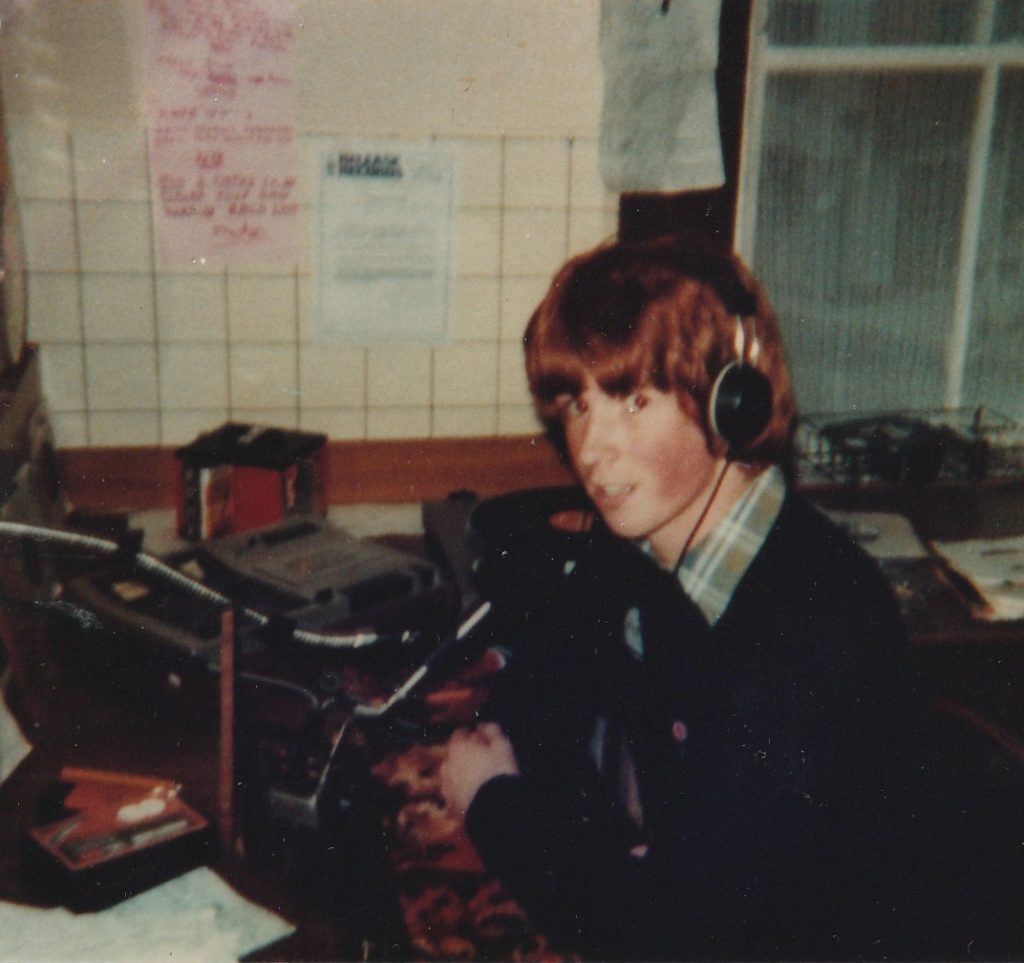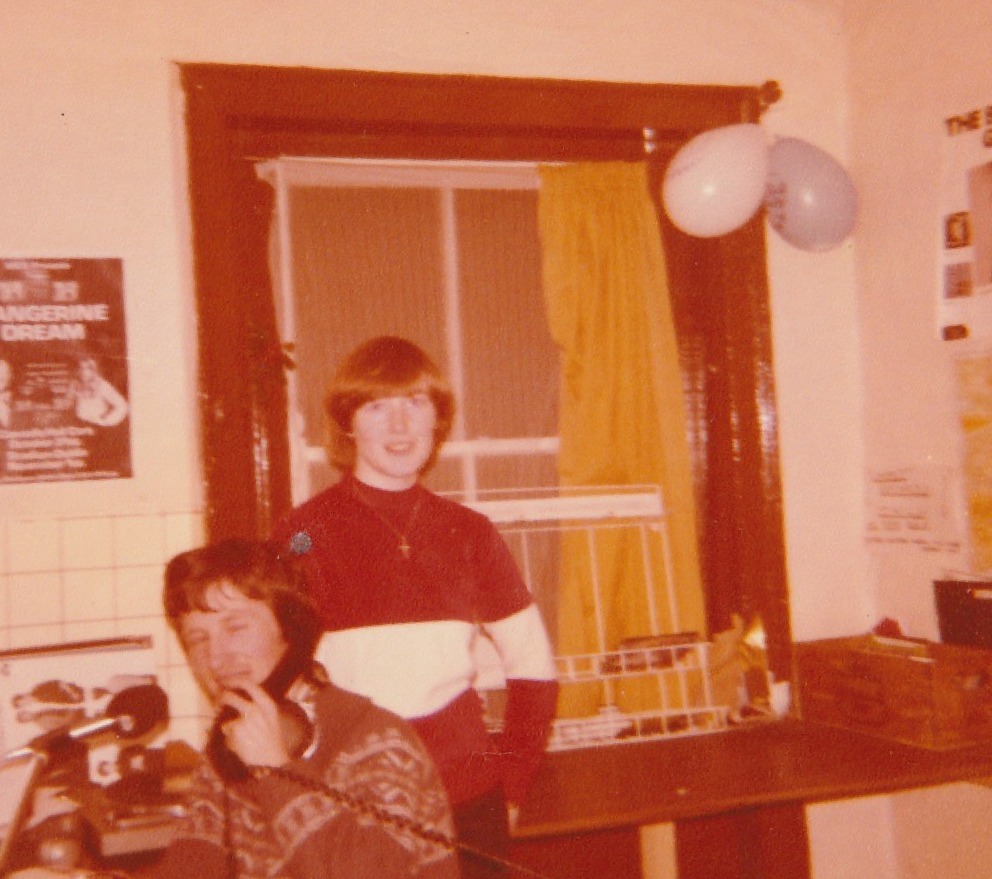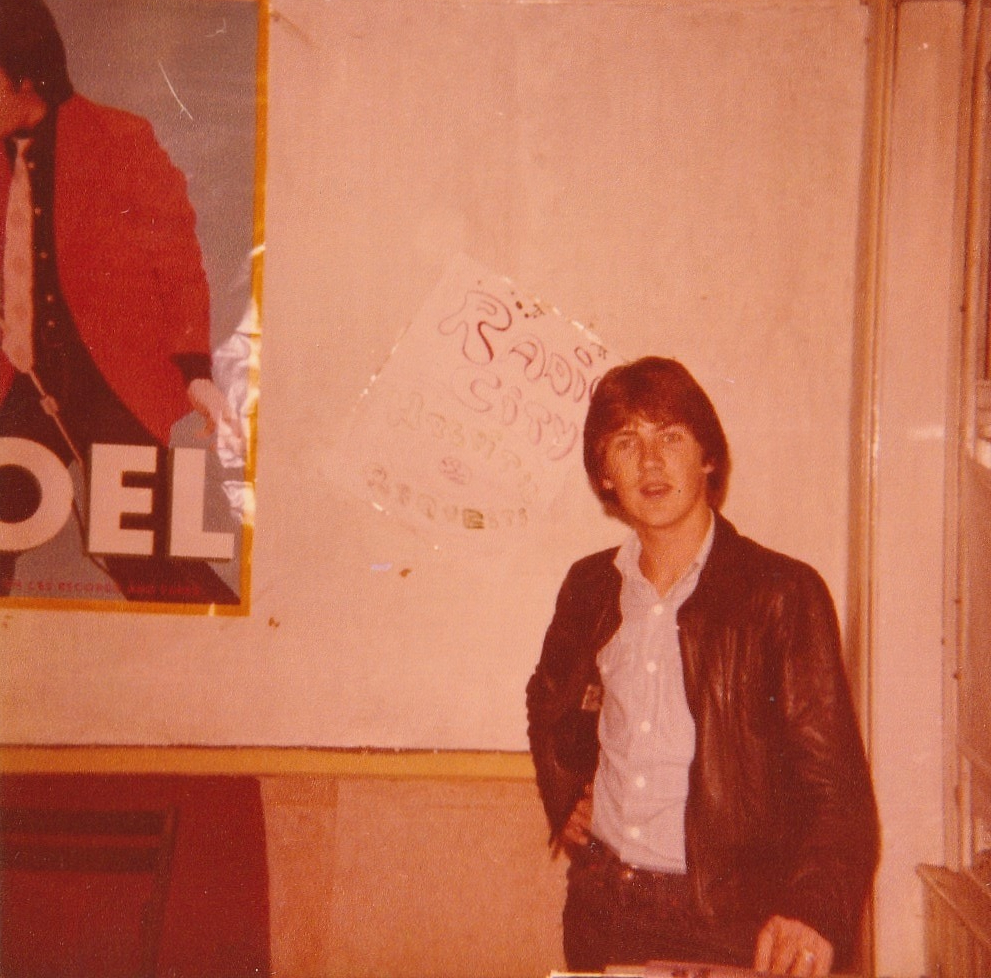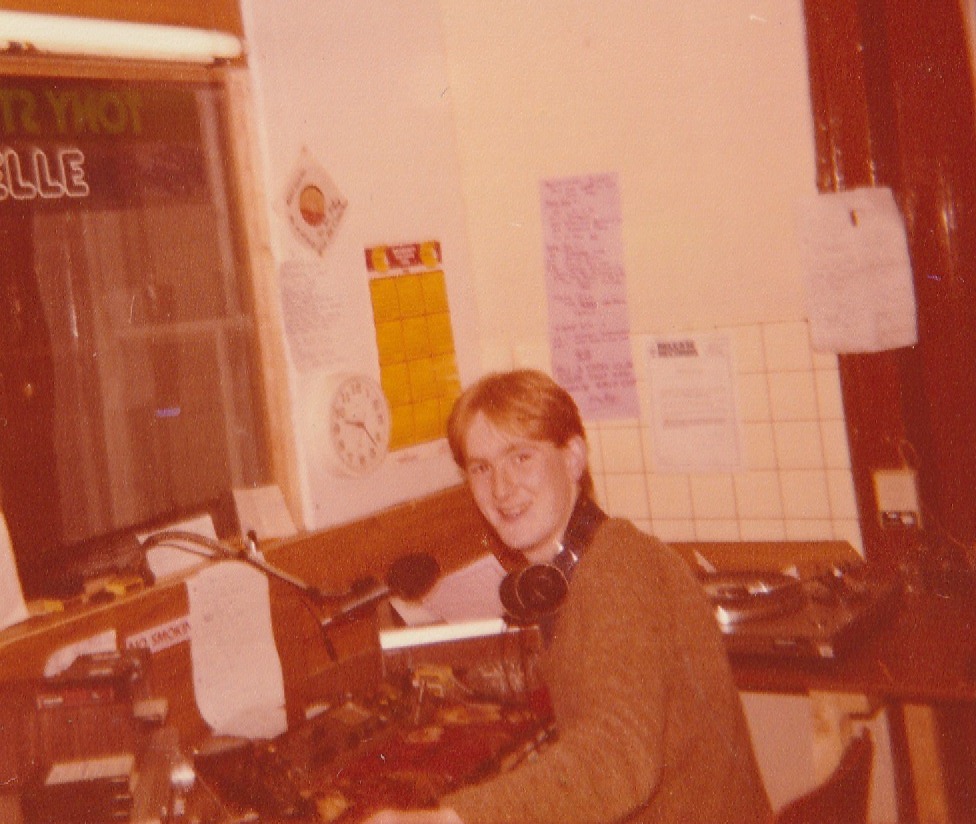Podcast: Play in new window | Download
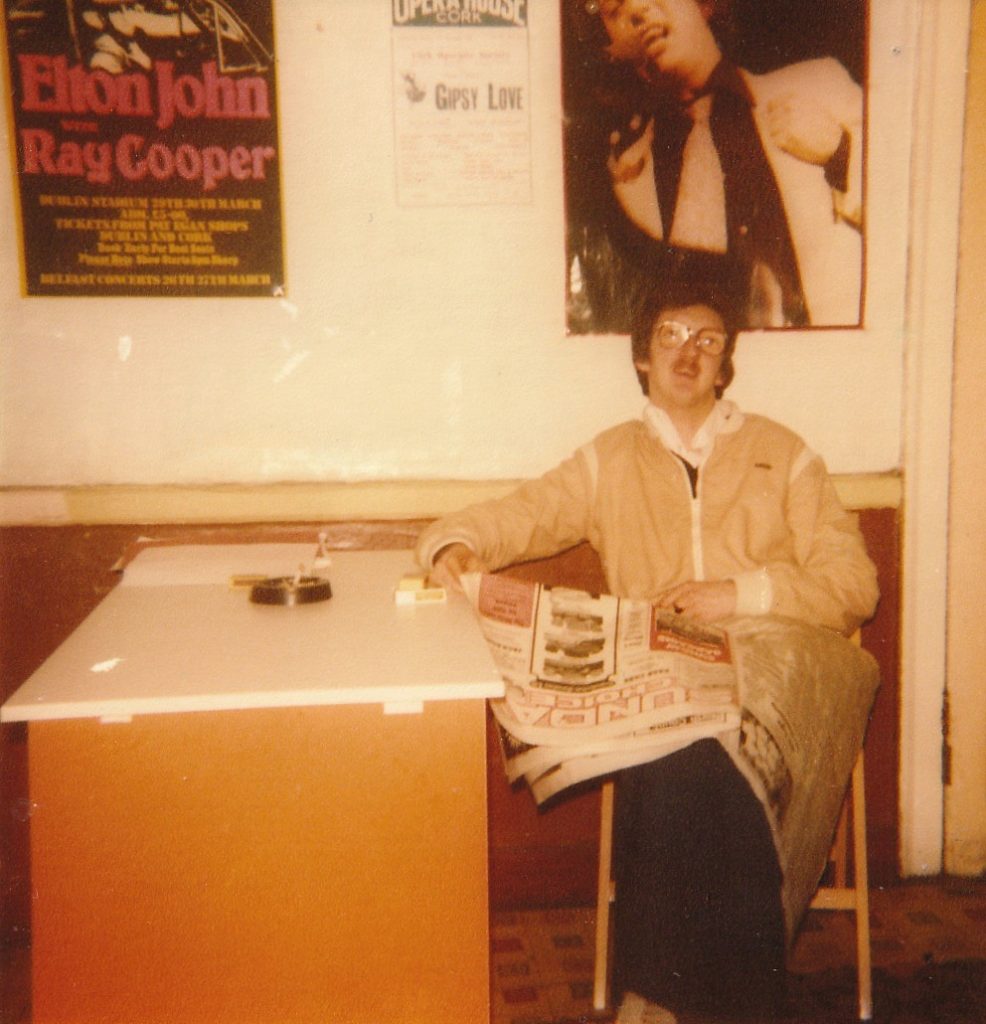
This recording is of the first Afternoon Delight show on Cork pirate Radio City, on its first full day on air in 1980. The show was presented each weekday by Karl Johnson (Dan Noonan), who also managed the station. Karl has no phone number for listeners but there are still plenty of requests, presumably handed in to the station at 27 Parnell Place in the city centre. There’s also a promo for the Guaranteed Irish programme on Tuesday and Thursday nights and a single live-read advert for an event in a local hotel.
The tape was made by Ken Baird from 1512 kHz, announcing 199 metres, between 1509-1555 on Monday 1st September 1980 and is kindly donated by Ian Biggar.

